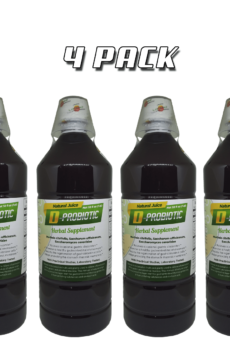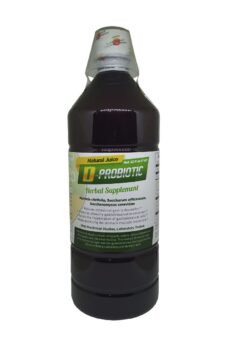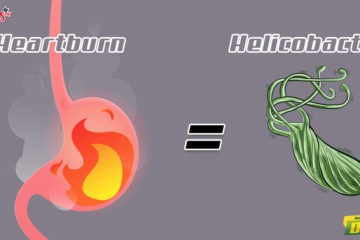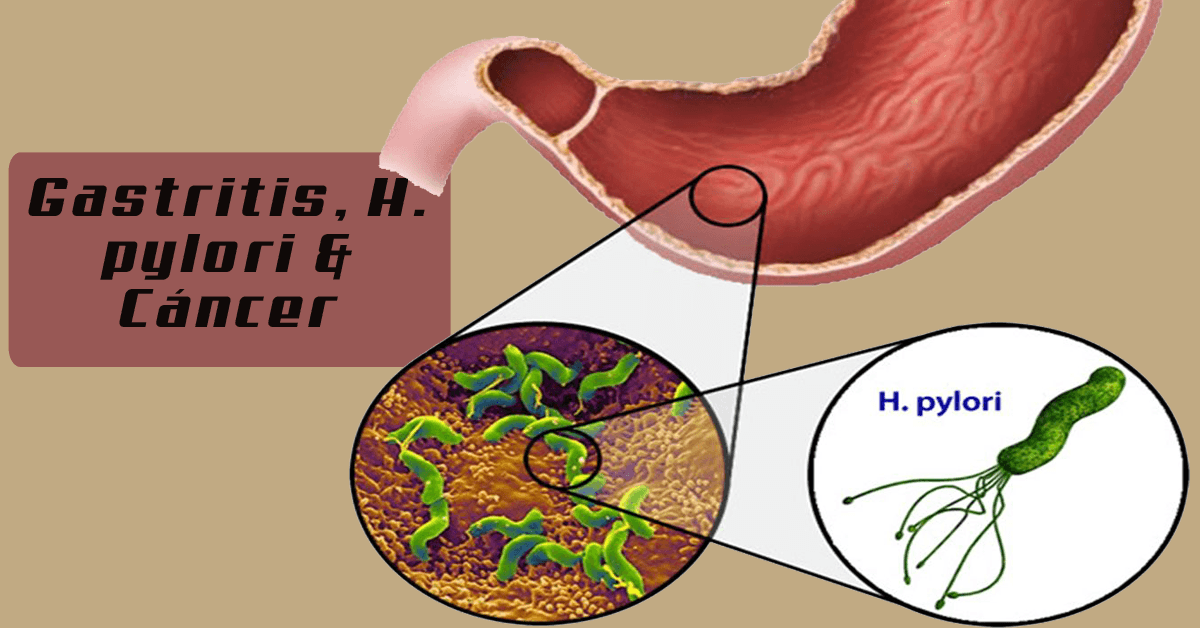Nearly all of the current drugs used to treat gastritis and ulcers have similar functions but utilize different mechanisms of action. Below is an in-exhaustive list of such medications along with descriptions of how they function in our bodies.
OMEPRAZOLE
The most famous of gastro-protective drugs on the market today, act on cells of the gastric mucosa by inhibiting up to 80% of hydrochloric acid secretion (HCl). In a simple way, omeprazole prevents the formation of HCl (stomach acid) by blocking the release of hydrogen from gastric cells (H or H2?).
Omeprazole is well tolerated, and serious adverse reactions appear only with prolonged use. Among them we have:
· Chronic renal failure.
· Osteoporosis
· Atrophic gastritis.
· Hypomagnesaemia (low magnesium in the blood).
· Hepatotoxicity.
BLOG: NATURAL ALTERNATIVES FOR GASTRITIS
RANITIDINE
Rantidine is one of the most commonly used and prescribed drugs in public hospitals. Its simple mechanism of action blocks the action of a substance called histamine on stomach cells, and thereby prevents hydrochloric acid formation.
Like Omeprazole, adverse reactions are rare and only occur with long-term use. The most severe include the following:
· Arrhythmias (irregularly fast (tachycardia) or slow heartbeat (bradycardia))
· Tachycardia (rapid heart rate),
· Bradycardia (heartbeat rate below normal),
· Asystole (weak heart contractions)
· Atrioventricular block (abnormalities in the heart’s electrical conduction )
· Hepatotoxicity.
BLOG: CANCER AND ITS RELATIONSHIP WITH GASTRITIS.
SODIUM BICARBONATE, SODIUM ALGINATE, MAGNESIUM HYDROXIDE, ALUMINUM HYDROXIDE, BISMUTH SUBSALICYLATE, MAGALDRATE AND SIMETHICONE. (Brands: Milpax, Alka-Seltzer, Ulcozol, Ditopax, Milk of Magnesia, Mylanta, GAS-X, Gaviscon, Peptobismol, etc).
BLOG: FOOD PERMITTED FOR PEOPLE WITH GASTRITIS
These substances have a specific localized action that neutralizes stomach acid. Their mechanism is simple. For example, sodium bicarbonate binds CHLORINE, which is needed to produce hydrochloric acid, resulting in a rather familiar compound called SODIUM CHLORIDE, better known as salt. Therefore, when we take any of these products we feel immediate relief, but after a few hours the discomfort returns.
Adverse reactions: With these products there are problems due to their long-term consumption, which can often complicate diseases. When we use these antacids our brain interprets this as our stomach having little HCl (due to the neutralization) and thus gives the order for more to be released. This results in a vicious circle that complicates diseases. The most common adverse reactions are:
· Constipation
· Loss of appetite
· Fatigue
· Increased risk of hypertension
· Muscular weakness
SUCRALFATE
TESTIMONY OF A PERSON WITH GASTRITIS. WHAT TO DO?
It is used for peptic ulcers because it has the ability to adhere to the walls of the injury, thereby preventing exacerbation by stomach acid. However, like the other drugs discussed, it only palliates the symptoms.
Adverse reactions:
· Diarrhea,
· Upset stomach,
· Dry mouth,
· Dizziness,
· Vertigo,
· Rashes,
· Back pain
· Insomnia
Traditional medicine offers alternative products to handle digestive problems such as gastritis and ulcers. It is always important to learn and know about what we consume.
My best wishes for good health to all
BLOG: NATURAL ALTERNATIVES FOR GASTRITIS
Dr. Rod C.
Master Degree in Nutrition
7-72-216
-
 D-PROBIOTIC HERBAL SUPPLEMENT 4 PACKProduct on sale$118.70
D-PROBIOTIC HERBAL SUPPLEMENT 4 PACKProduct on sale$118.70 -
 D-PROBIOTIC HERBAL SUPPLEMENT DUO PACKProduct on sale$62.70
D-PROBIOTIC HERBAL SUPPLEMENT DUO PACKProduct on sale$62.70 -
 D-PROBIOTIC HERBAL SUPPLEMENTProduct on sale$33.65
D-PROBIOTIC HERBAL SUPPLEMENTProduct on sale$33.65






0 Comments